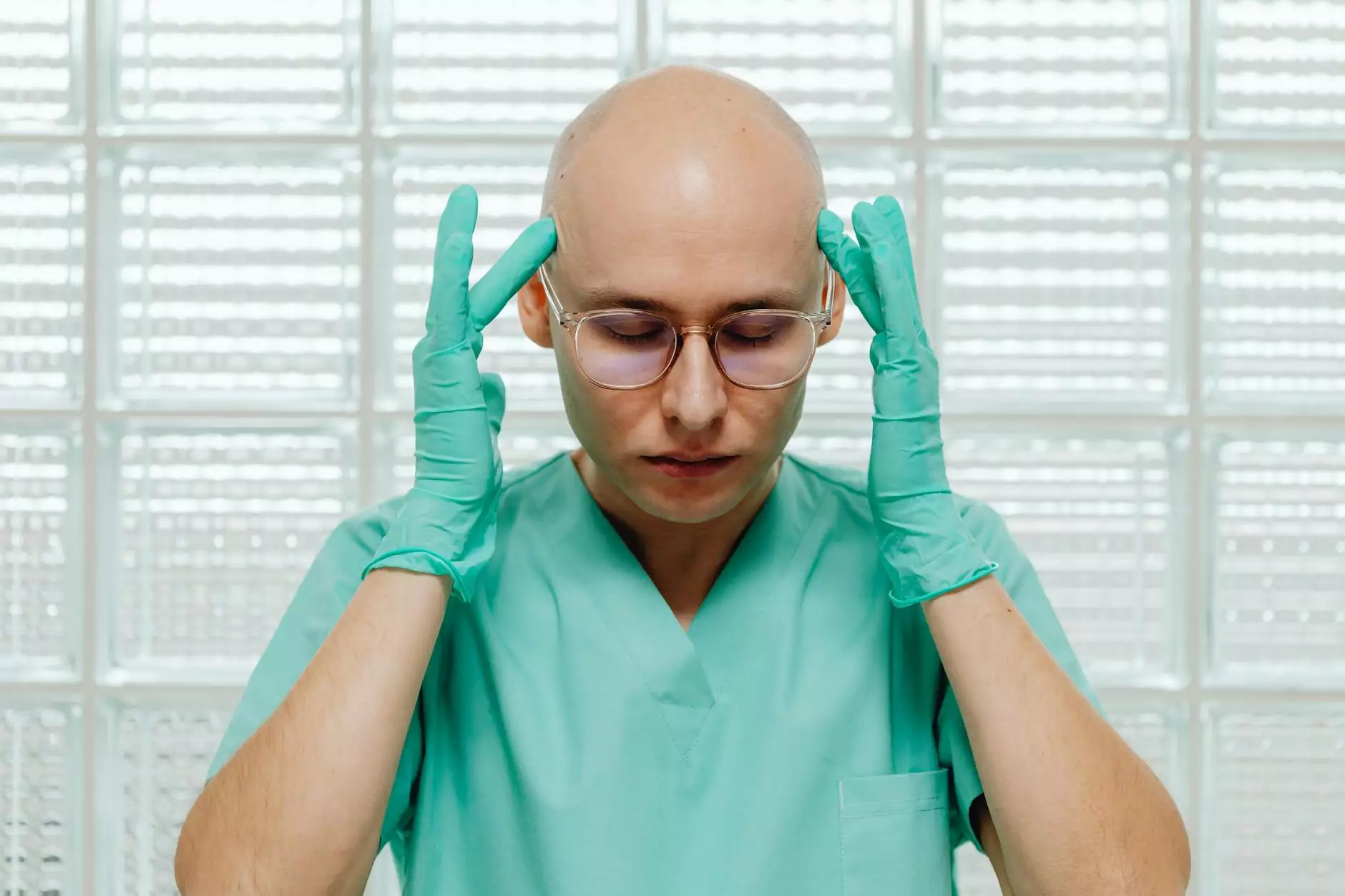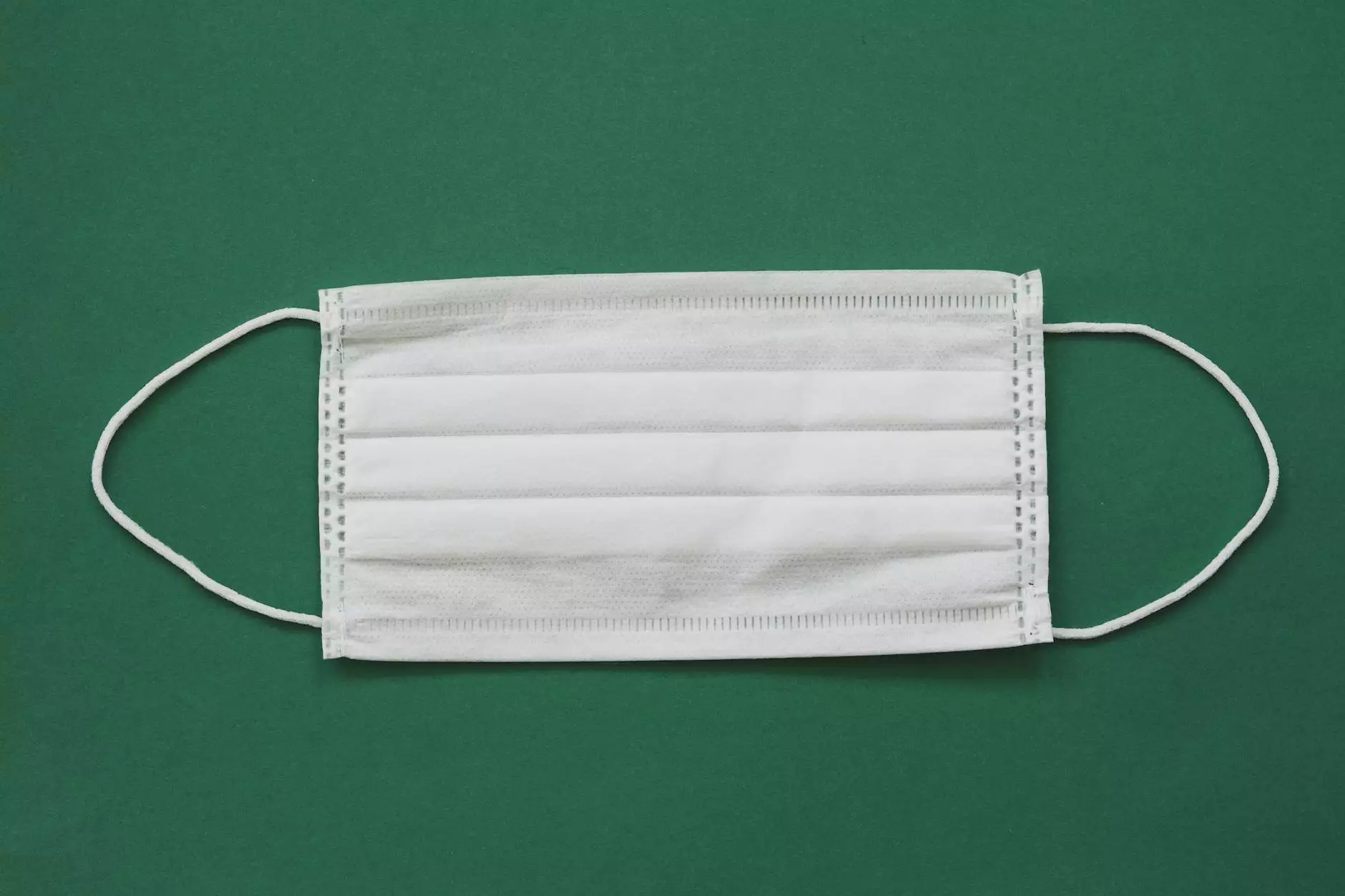Did you know there are different types of headaches?
Blog
Understanding the Various Types of Headaches
Headaches are a common ailment that affect people of all ages. While many people assume that all headaches are the same, there are actually various types of headaches that differ in their causes, symptoms, and treatment options. In this comprehensive guide, we will explore the different types of headaches and provide valuable insights to help you better understand and manage your headaches.
Migraines
Migraines are one of the most well-known and severe types of headaches. They are characterized by intense pulsating or throbbing pain, often on one side of the head. Migraines are commonly accompanied by nausea, vomiting, and sensitivity to light and sound. Some individuals may also experience visual disturbances called auras before the onset of a migraine attack.
There are various triggers for migraines, including stress, hormonal changes, certain foods, environmental factors, and genetic predisposition. Treatment options for migraines range from over-the-counter pain relievers to prescription medications, as well as lifestyle modifications and alternative therapies.
Tension Headaches
Tension headaches are the most common type of headache, often referred to as "stress headaches." They typically manifest as a dull, aching pain on both sides of the head or as a tight band-like sensation around the head. Tension headaches may last for a few hours or even several days.
Common triggers for tension headaches include stress, anxiety, poor posture, eyestrain, and muscle tension in the neck and shoulders. Over-the-counter pain medications and stress management techniques like relaxation exercises, physical therapy, and improving posture are often effective in relieving tension headaches.
Cluster Headaches
Cluster headaches are characterized by excruciatingly intense pain that typically occurs on one side of the head, usually around the eye. They are named "cluster" headaches because they tend to occur in clusters or patterns, followed by periods of remission. The pain is often described as sharp, burning, or piercing.
The exact cause of cluster headaches is unknown, but they are believed to be related to abnormalities in the hypothalamus. Treatment for cluster headaches may involve medications to alleviate the severity and frequency of attacks, as well as oxygen therapy and nerve blocks.
Sinus Headaches
Sinus headaches occur as a result of inflammation or infection in the sinuses. The pain is typically felt in the front of the face, around the cheeks, eyes, and forehead. Sinus headaches often accompany other sinus-related symptoms, such as nasal congestion, runny nose, and facial pressure.
Treatment for sinus headaches focuses on addressing the underlying cause, such as treating the sinus infection or reducing sinus inflammation. Over-the-counter pain relievers, nasal decongestants, and saline nasal rinses are commonly used to alleviate symptoms.
Hormonal Headaches
Hormonal headaches are linked to hormonal fluctuations in the body, particularly in women. They commonly occur during menstruation, pregnancy, and menopause. The pain is usually described as a dull, throbbing sensation and may be accompanied by other menstruation-related symptoms.
Management of hormonal headaches often involves hormone therapy, lifestyle changes, stress reduction techniques, and over-the-counter pain relievers.
Rebound Headaches
Rebound headaches, also known as medication-overuse headaches, occur as a result of excessive use of pain medications. They typically present as a constant, dull headache that persists throughout the day, worsening with medication overuse and improving temporarily after medication withdrawal.
The main treatment for rebound headaches involves gradually reducing the use of pain medications under medical supervision and finding alternative pain management strategies to break the cycle of medication dependence.
Seek Expert Advice from Richard Martinez, MD
When experiencing recurring or severe headaches, it is essential to consult a medical professional for an accurate diagnosis and appropriate treatment. Richard Martinez, MD, is an experienced and trusted healthcare provider specializing in headache management. With his expertise, he can help identify the specific type of headache you are experiencing and recommend tailored treatment approaches to alleviate symptoms and improve your quality of life.
Conclusion
Headaches are not all the same, and understanding the differences between various types of headaches is crucial for effective management and treatment. Whether you're dealing with migraines, tension headaches, cluster headaches, sinus headaches, hormonal headaches, rebound headaches, or any other type of headache, seeking professional medical advice from Richard Martinez, MD, ensures proper diagnosis and personalized care.
Don't let headaches impact your daily life. Take the first step towards finding relief by scheduling an appointment with Richard Martinez, MD, today.










